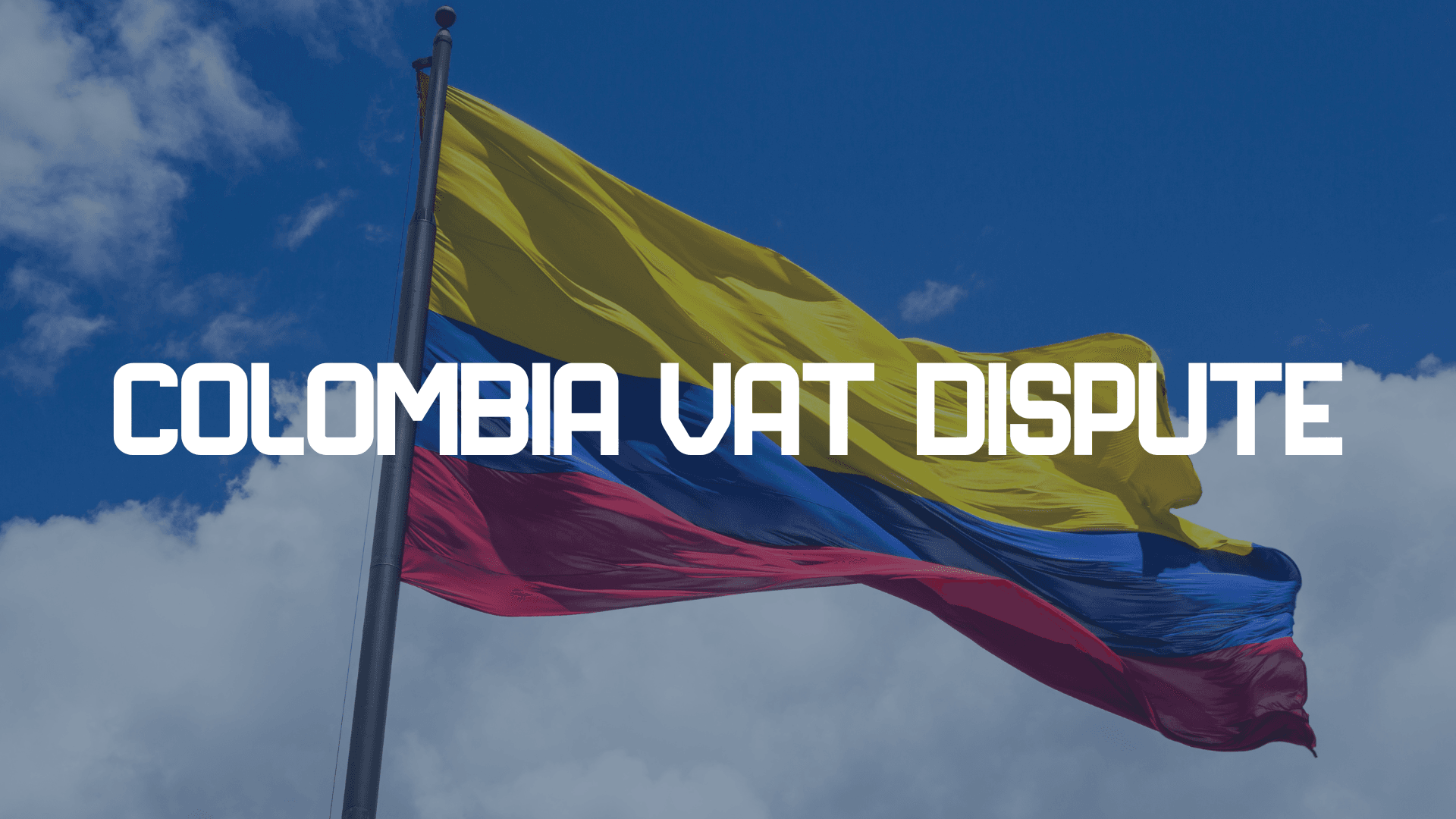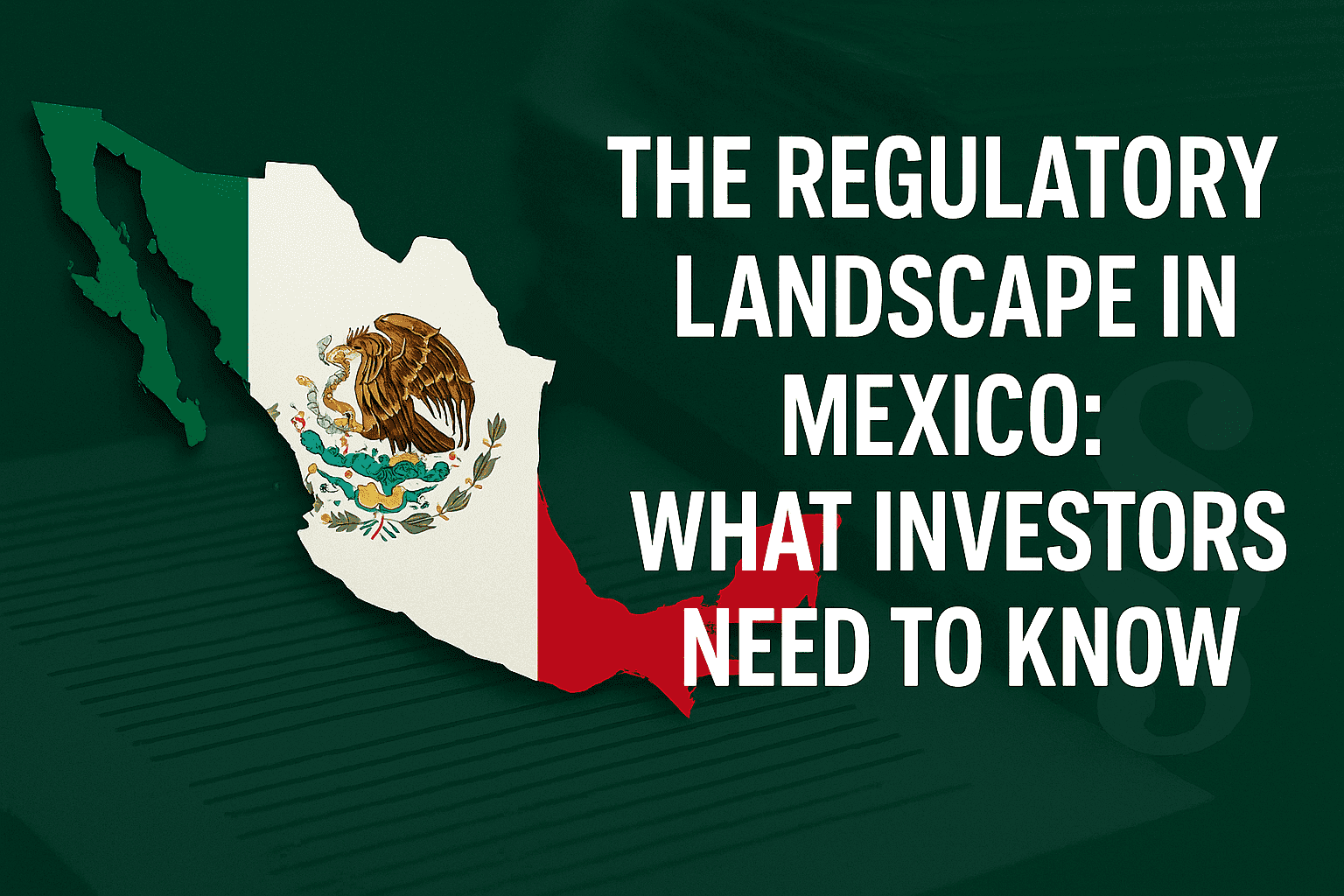Mexico’s iGaming market has emerged as one of the most dynamic and promising in Latin America. Second only to Brazil in size, it is forecast to surpass $2 billion by 2028. However, this opportunity comes with complexity. Investors considering entry into the Mexican market must first understand the country’s nuanced and evolving regulatory framework.
This article provides a strategic overview of the key regulatory elements shaping Mexico’s online gambling sector and outlines what foreign investors need to know before pursuing licensing or partnership opportunities.
1. Who Regulates iGaming in Mexico?
Mexico’s gambling market is regulated by the Ministry of Interior (SEGOB), specifically its Gambling and Raffles Bureau (DGJS). The DGJS oversees:
• Issuance of gambling permits
• Monitoring of operator conduct
• Enforcement of compliance and advertising rules
• Approval of online gambling platforms
The regulatory environment is centralized, but practical access to the market is mediated by the 36 license holders currently authorized to operate betting and casino activities.
2. The Licensing Landscape
2.1 Types of Licenses
Mexico’s Gambling Law recognizes four license categories:
• Land-based casinos (including online gaming under specific conditions)
• National fairs
• Temporary events (horse racing, cockfighting)
• Lotteries and raffles
Notably, there is no standalone online gambling license. Online operations are conducted via sublicensing agreements with land-based licensees, making partnerships the dominant market entry model for foreign operators.
2.2 Eligibility and Application Process
Licenses are granted only to Mexican-incorporated companies. Foreign operators must partner with an existing licensee and operate under a sublicensed agreement.
Applications are evaluated on:
• Corporate governance and ownership transparency
• Experience in gambling operations
• Integrity of shareholders and key executives
2.3 Duration of Licenses
Recent reforms have reduced new license terms from up to 25 years to a 15-year maximum, following a November 2023 presidential decree. Legacy licenses issued prior to this reform retain their original durations.
3. Online Gambling: Permitted but Indirect
Online gambling in Mexico is legal, but not explicitly defined in standalone terms under the law. Authorized land-based operators can request permission to offer online betting.
International brands typically enter the market through commercial agreements or white-label arrangements with Mexican licensees. Sublicensed operators must meet strict compliance standards on data tracking, responsible gambling, and platform approval.
4. Advertising and Marketing: Allowed but Regulated
Advertising is legal but governed by strict conditions:
• Only licensed operators may advertise
• Gambling must not be glamorized or presented as a source of income
• Age restrictions and responsible gambling messaging are mandatory
• License numbers must be prominently displayed
Advertising channels include TV, radio, digital platforms, influencers, and sports sponsorships. However, marketing must avoid targeting minors or vulnerable groups, and influencers must clearly disclose commercial relationships.
5. Taxation: A Complex Picture
Operators face multiple layers of taxation:
• Corporate Income Tax: 30% on net profits.
• IEPS Tax: 1% to 30% on Gross Gaming Revenue (GGR), with potential optimization strategies depending on structure and legal advice.
• VAT: Typically, 0% for sports betting; other gambling activities may vary.
Operators must also comply with detailed financial reporting requirements at both federal and, in some cases, state levels.
6. Key Takeaways for Investors
• Indirect licensing model: The only viable market entry path for foreign operators is through partnership with an existing licensee.
• Regulatory reforms: The recent shortening of license terms reflects an increasingly interventionist regulatory stance.
• Advertising and tax risks: Regulatory compliance, marketing limitations, and complex taxation require careful structuring and risk management.
• Market growth: Despite regulatory hurdles, the Mexican iGaming market is growing fast, with online revenues expected to double between 2025 and 2030.
Conclusion
For investors, Mexico offers significant iGaming potential but requires strategic navigation of a fragmented regulatory landscape. Success depends on forming strong local partnerships, ensuring best-in-class compliance, and proactively managing advertising and tax obligations.
At Invixos, we currently have access to valid Mexican iGaming licenses through reliable partnerships with licensed land-based operators.
If you're ready to explore your entry into Mexico, get in touch, and let’s build your LATAM presence together.

Betsson Becomes Official Betting Partner of the Davis Cup

Betinia Expands Gamification Strategy with Diego Simeone ‘Football Manager’ Platform

Betty Expands Toronto Footprint with Argonauts and Toronto FC Deals

FeedConstruct Acquires Exclusive Global Rights to Argentine Basketball Leagues

Petro Pushes to Preserve Colombia’s Gambling VAT Amid Budget Pressure
2026 © Invixos. All rights reserved. A product by Jerom Verschoote.

